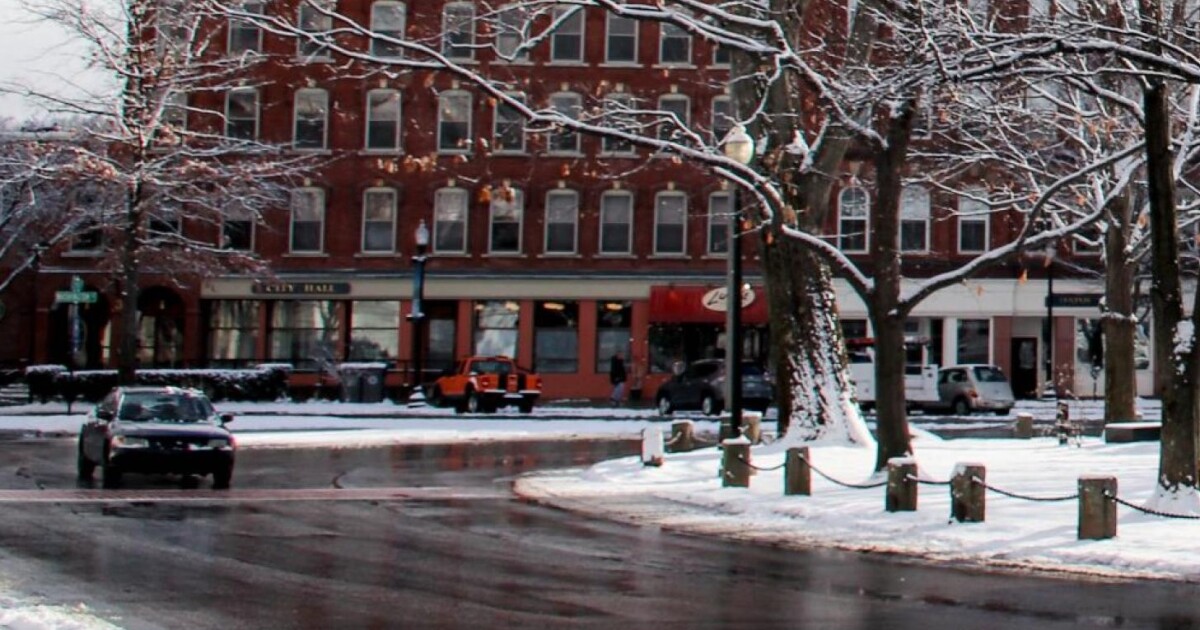
Officials Issue Warning About Poor Air Quality In Southwestern N.H. This Weekend
The state is warning that southwestern New Hampshire will see unhealthy levels of particulate air pollution this weekend.The Department of Environmental…
Various western states usually are the ones that make the news for poor air quality from wood stoves.


 the neighbour doesn't sound neighbourly
the neighbour doesn't sound neighbourly